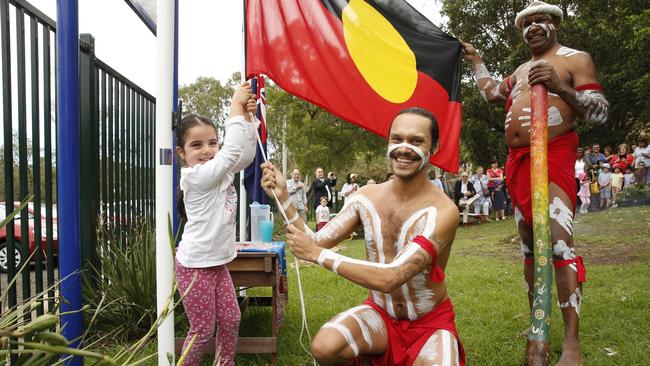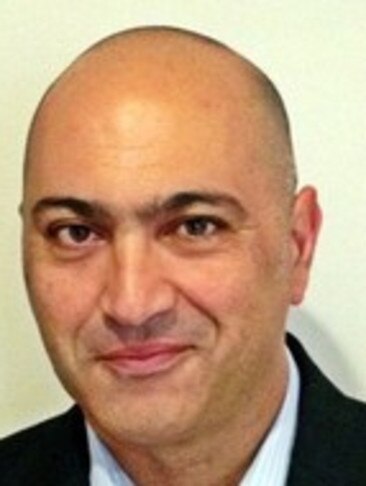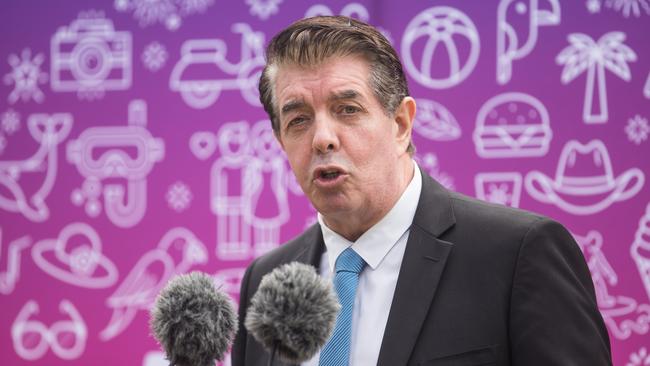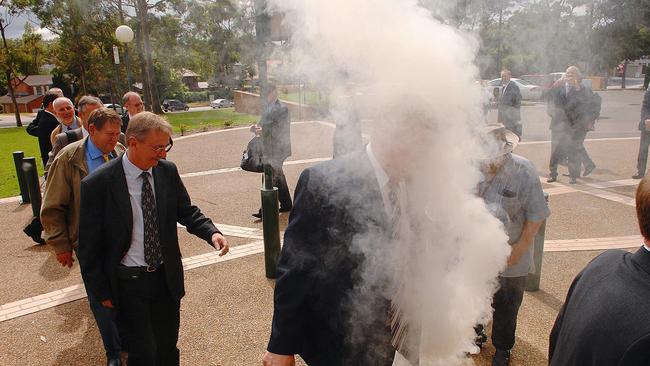Hills residents petition for council to acknowledge tradition custodians at public meetings
A PETITION calling for the Hills Shire Council to acknowledge traditional custodians is gaining momentum across the Hills.

Hills Shire
Don't miss out on the headlines from Hills Shire. Followed categories will be added to My News.
A PETITION calling for the Hills Shire Council to acknowledge traditional custodians is gaining momentum across the Hills.
The Change.org initiative has already secured more than 320 signatures, after being launched by Hills resident Eyman Ahmed two weeks ago.
Mr Ahmed said he was inspired to start the petition after a presentation by Hills resident Dr Annemarie Christie, who was calling for acknowledgement of country by Hills Shire Councillors late last year.

“Council’s approach was disrespectful,” Mr Ahmed said. “More recently at the Council arranged Australia Day festivities there was zero mention made or reference given to the indigenous Darug people, which was more than disappointing.
“I was talking with friends a couple of weeks later who also made mention of the absence of acknowledgment at the Australia Day ceremony so I started the petition.”
Mr Ahmed said a similar petition was created in 2016 that gathered 1600 signatures from the Hills community.
Mr Ahmed said it was up to the council and Castle Hill state MP and Minister for Multiculturalism Ray Williams to decide.

“But if council will not entertain open dialogue about it, then it doesn’t bode well,” he said. “Practising Acknowledgment of County is an important and fundamental step of showing respect and means a lot to indigenous and non-indigenous people alike.”
A spokeswoman for Castle Hill State Liberal MP Ray Williams said the decision would be made by council.
However Mr Williams said “I along with my parliamentary colleagues, always acknowledge country as does the speaker of NSW parliament at the beginning of each days sitting”.
Macquarie University Head of indigenous Studies, Professor Bronwyn Carlson said traditional acknowledgment recognises “a place has a history that precedes us”.

“Indigenous people have remained steadfast in our claim to sovereignty,” Dr Carlson said.
“The fact that some councils refuse to acknowledge the 65,000 year old history and relationship we have with country is just a sad reflection that colonialism affects both the colonised and the coloniser.
“So what does an Acknowledgement of Country mean to indigenous people — it is generally a sign that some deeper thinking has taken place and those who do Acknowledge Country are better informed. It is about respect.”
Dr Carlson said she was familiar with the debate that has occurred in a number of councils across the country.
“I am guessing that the objection is because the Acknowledgement of Country is not a simple mantra that is recited at meetings,” she said.
“It is an acknowledgment that there was prior ownership and stewardship of the land we are on.”
The Hills Shire Council failed to respond to the Times’ questions before deadline.
